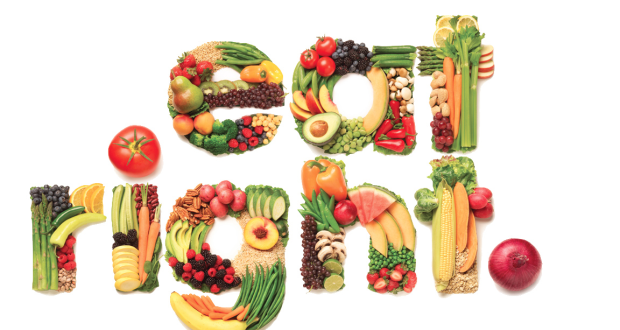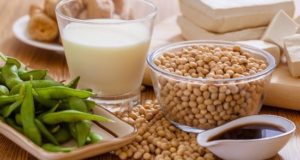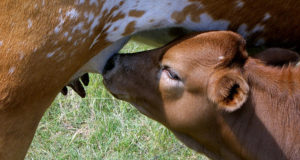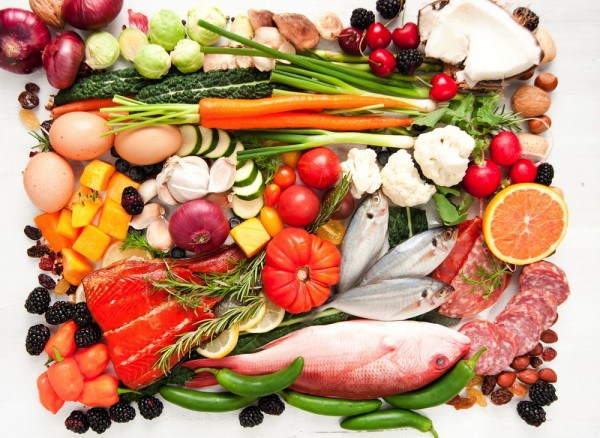
Which gout foods to eat and which to avoid? Lots of gout victims are confused. Don’t worry, here’s a list of gout foods to eat, and, gout causing foods to avoid in your diet. But, in order to determine a gout diet you can eat, we have first to understand the cause of gout.
Now, most people know that the symptoms of gout are due to uric acid crystals that have formed in the joints and connective tissue. And these are formed out of higher-than-normal uric acid concentrations in the blood.
But what most people probably don’t know, is that uric acid is formed during your body’s normal metabolizing process, through the breakdown of compounds in your body called ‘purines’. However, purines also exist in your food in varying concentrations.
As a gout sufferer trying to reduce uric acid, it would make no sense at all to continue with a diet that is probably too high in purines. (You’ll see why I say ‘probably’ when you see the list of gout causing foods below!)
So, you need to differentiate between those foods in your diet that are high / very high in purines, i.e. your gout causing foods, and those that are relatively low in purines, i.e. gout foods you can eat. Let’s start with the foods to avoid for gout…
GOUT CAUSING FOODS TO AVOID
Basically, the foods to avoid fall within the following food groups; game, red meat, organ meat, seafood, poultry, legumes and yeasts.
But even within these food groupings there are variances in the amount of purines present. So that you need to dig down and identify the individual foods that have high or very high purine levels. Here are just some to get you started…
Venison, pheasant, grouse, partridge, fatty red meat, mincemeat, meat extracts, heart, kidneys, liver, sweetbreads, gravy, broth, mackerel, herrings, anchovies, fish roe, sardines, scallops, shrimp, prawns, dried legumes, baker’s and brewer’s yeast, yeast extracts. Plus, avoid alcohol, beer in particular.
GOUT FOODS TO EAT
Groups that contain relatively low purine foods that you can eat are; foods high in vitamin C, complex carbohydrates, low-fat dairy products, essential fatty acids, green leafy vegetables and fruit. Typical of good gout foods to eat are…
Potatoes, red cabbage, red bell peppers, cereals, rice, pasta, breads (avoid white flour products), low-fat cheese, yoghurt, milk (not soya), tuna, flax-seed, nuts, green cabbage, parsley, kale (not cauliflower, asparagus or spinach), cherries (excellent), strawberries, grapes, blueberries, pineapple, oranges, tangerines, etc.
As I said at the beginning, your diet is extremely important, but it isn’t the only issue that needs your attention. There are other considerations like your weight, lifestyle, family history of arthritis or gout, medications, medical conditions, etc.
And you need to do everything in your power to prevent frequently recurring gout attacks, as these can end up in permanent joint damage, even kidney stones and other kidney problems, down the line.

Source by John Cielo
How to Get and Use Prescription Medications Safely Online for Free
 Vitamin Agent The Health & Naturalistic Source
Vitamin Agent The Health & Naturalistic Source





